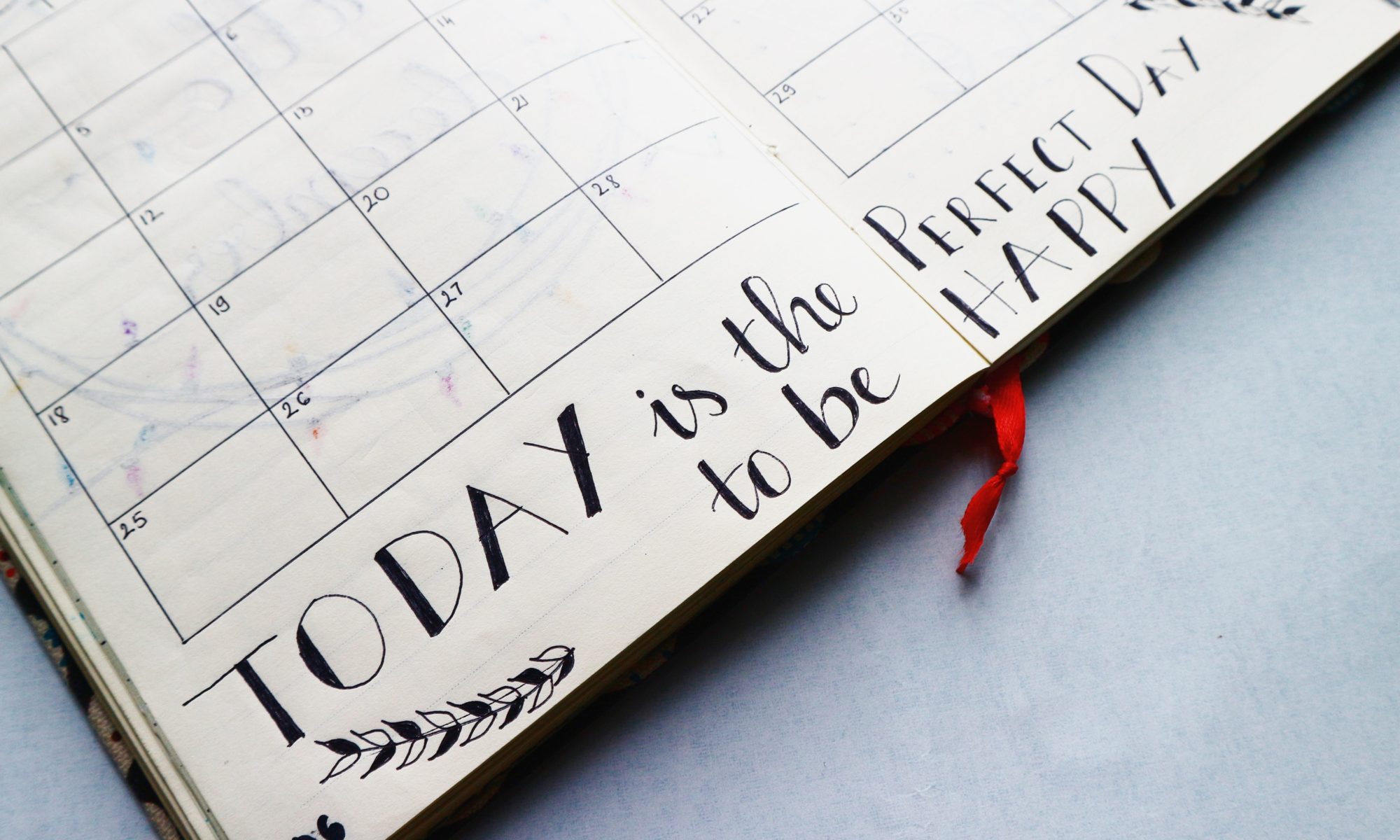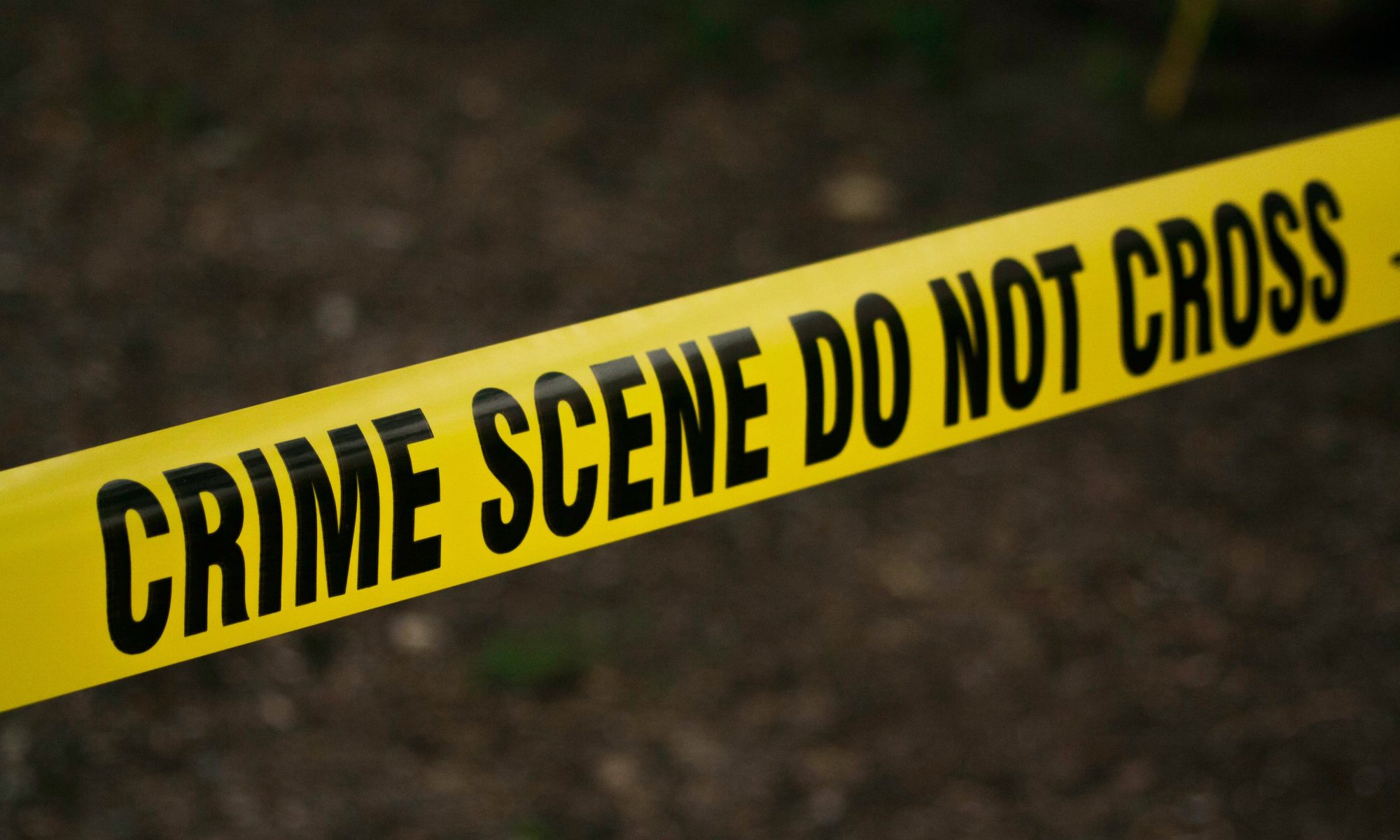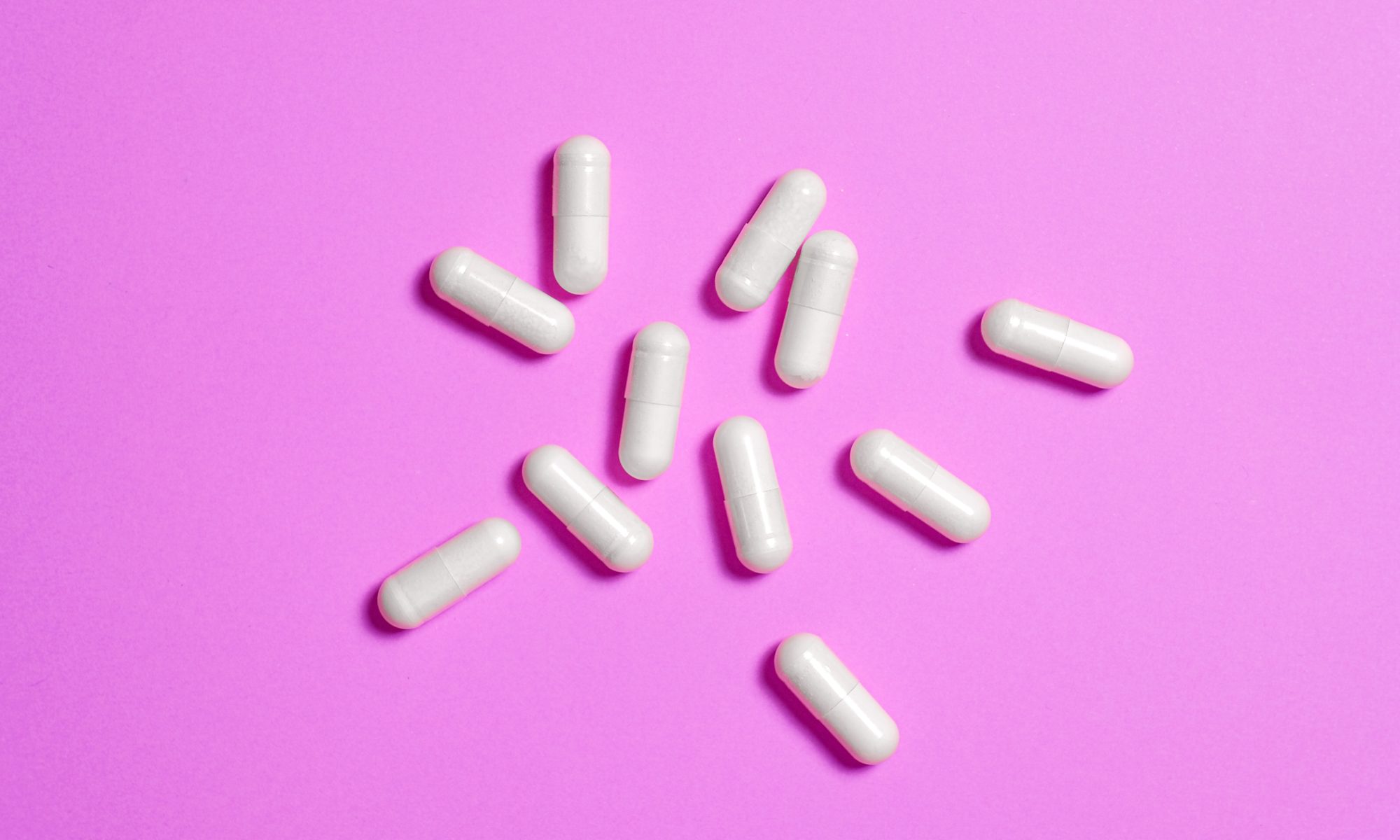Recruitment for an upcoming trial – Psilocybin as a Treatment for Anorexia Nervosa: A Pilot Study
Anorexia has a higher mortality rate than any other psychiatric condition, as patients have a high risk of death by both suicide and organ failure.
Current treatments work for less than half of patients, which is why Imperial College London is preparing to study psilocybin therapy as an alternative.
The school is recruiting female patients who have had a diagnosis for at least 3 years and have tried other forms of treatment without success. They’ll each receive 3 doses of psilocybin, and researchers will use several MRIs and EEG scans to understand the effects of the treatment.














